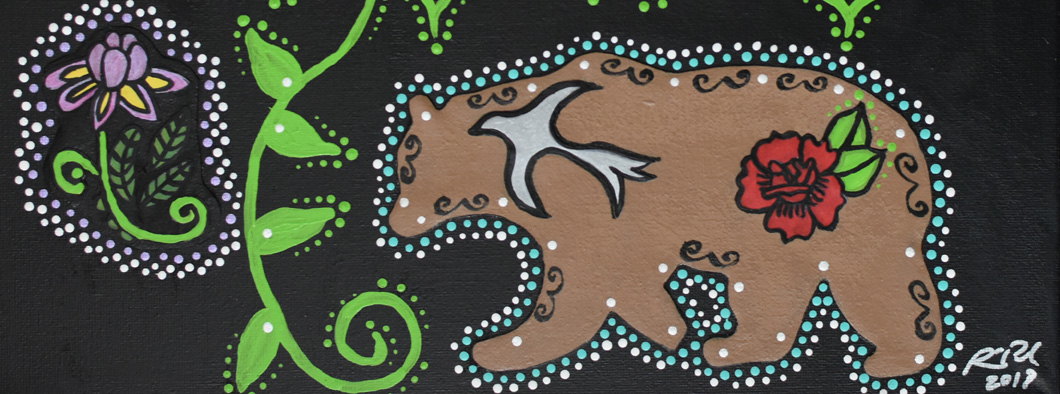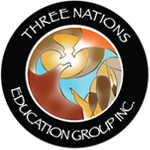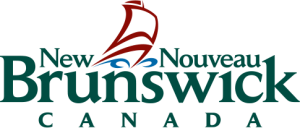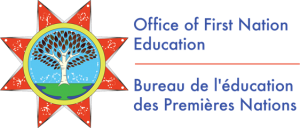L’nue’kati’l Kiskuk
First Nation Communities Today
Waponuwi Skicinuwihqol Tokec
Theme:
Ta’n Tel-mimajultimk, Mawo’ltimk aqq Kɨpnno’lewey
Economic, Social and Political Life
Wetawsultiyeqpon, Mawehewakon naka Litposuwakon
Global Competencies
Critical Thinking and Problem Solving
- Learners engage in an inquiry process to solve problems, as well as acquire, process, interpret, synthesize, and critically analyze information to make informed decisions. (Activity 1 and 2)
- Learners select strategies, resources, and tools to support their learning, thinking, and problem-solving and evaluate the effectiveness of their choices. (Activity 1 and 2)
- Learners see patterns, make connections, and transfer their learning from one situation to another, including real-world applications. (Activity 1)
- Learners analyze the functions and interconnections of social, ecological, and economic systems. (Activity 1)
- Learners formulate and express questions to further their understanding, thinking, and problem-solving. (Activity 3)
Innovation, Creativity, and Entrepreneurship
- Learners formulate and express insightful questions and opinions to generate novel ideas. (Activity 2 and 3)
- Learners turn ideas into value for others by enhancing ideas or products to provide new-to-the-world or improved solutions to complex social, ecological, and economic problems or to meet a need in a community. (Activity 2)
- Learners seek and make use of feedback to clarify their understanding, ideas, and products. (Activity 3)
Self-Awareness and Self-Management
- Learners develop a positive identity, sense of self, and purpose from their personal and cultural qualities. (Activity 3)
- Learners are aware of, manage, and express their emotions, thoughts, and actions in order to understand themselves and others. (Activity 2 and 3)
Collaboration
- Learners participate in teams by establishing positive and respectful relationships, developing trust, and acting interdependently and with integrity. (Activity 2)
- Learners assume various roles on the team, respect a diversity of perspectives, and address disagreements and manage conflict in a sensitive and constructive manner. (Activity 2)
- Learners demonstrate empathy for others in a variety of contexts. (Activity 1, 2 and 3)
Communication
- Learners express themselves using the appropriate communication tools for the intended audience and create a positive digital identity. (Activity 1 and 2)
- Learners communicate effectively in French and/or English and/or Mi’kmaw or Wolastoqey Latuwewakon through a variety of media and in a variety of contexts. (Activity 1, 2 and 3)
- Learners ask effective questions to create a shared communication culture, attend to understand all points of view, express their own opinions, and advocate for ideas. (Activity 1, 2 and 3)
Sustainability and Global Citizenship
- Learners understand the interconnectedness of social, ecological, and economic forces, and how they affect individuals, societies, and countries. (Activity 1, 2 and 3)
- Learners recognize discrimination and promote principles of equity, human rights, and democratic participation. (Activity 3)
- Learners understand Wabanaki worldviews, traditions, values, customs, and knowledge. (Activity 1, 2 and 3)
- Learners learn from and with diverse people, develop cross-cultural understanding, and understand the forces that affect individuals and societies. (Activity 3)
- Learners take actions and make responsible decisions that support social settings, natural environments, and quality of life for all, now and in the future. (Activity 2 and 3)
- Learners contribute to society and to the culture of local, national, global, and virtual communities in a responsible, inclusive, accountable, sustainable, and ethical manner. (Activity 2)
Curriculum Outcomes
English Language Arts
Specific Curriculum Outcomes
- 1. Listen critically to others’ ideas or opinions and points of view (Activity 3)
- 2. Engage in, respond to, and evaluate oral presentations (Activity 3)
- 5. Use a range of reference texts and a database or an electronic search to aid in the selection of texts (Activity 1 and 2)
- 8. Make deliberate language choices, appropriate to purpose and audience, to enhance meaning and achieve interesting effects in imaginative writing and other ways of representing (Activity 2)
- 9. Create written and media texts collaboratively and independently (Activity 1 and 2)
- 10. Use technology with increasing proficiency to create, revise, edit, and publish texts (Activity 2)
Health
Specific Curriculum Outcomes
- 2.3 Identify strategies for seeking support for self and others (Activity 1 and 2)
- 3.2 Describe empathetic responses and their impact on interpersonal relationships (Activity 3)
- 4.2 Investigate specific careers and their relatedness to personal skills and interests (Activity 1 and 2)
- 4.4 Describe the ways jobs change in response to society’s needs (Activity 2)
Social Studies
Specific Curriculum Outcomes
Students will be able to:
- 5.4.1 Demonstrate an understanding of the diverse societies of First Nations (Activity 1, 2 and 3)
Associated Text Materials
Grade 5 – Investigating Past Societies*
- p. 95 – Relationships and Trade
- p. 137- Settlement effect on Mi’kmaq
- p. 138 – Settlement effect on Wolastoqewiyik
* Although the textbook is titled “Investigating Past Societies”, it should be noted that it also deals with societies that exist now.





